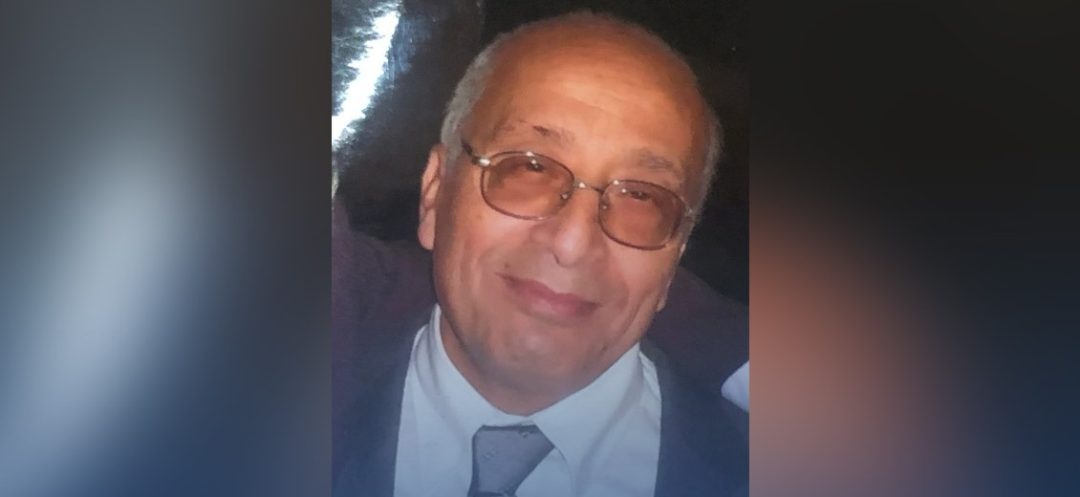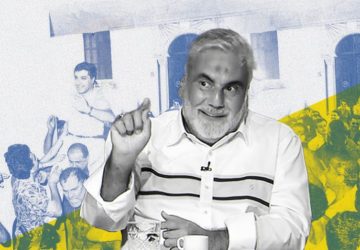The former president of Lebanon’s Jewish community has died on Tuesday.
Jews have been living in Lebanon for 2,000 years, but their numbers shrank from some 22,000 before the 1975-1990 civil war to around 30 today, according to Hout.
Contacted by This is Beirut, the late Mr. Arazi’s sister stressed that “he took the initiative to rebuild the Beirut synagogue, he was the main instigator”. To this end, he made “several contacts, both internal – with Lebanese leaders and acquaintances in Lebanon – and external, to raise sufficient capital to rebuild it”. In addition, “he worked extensively for the welfare of Jews living in Lebanon. In particular, he cared for the needy and dying”. She also pointed out that the late Mr. Arazi “did not consider the synagogue to be an asset specific to the Jewish community”, but “part of Lebanon’s national heritage”, and that it “should help to raise the profile of Jewish architecture” in the Land of the Cedars. Mr. Arazi was “integrated and assimilated into Lebanese society, and wanted all Lebanese Jews to be so included”.
The synagogue’s last rabbi fled the country in 1977 as Lebanese Jews left in droves, particularly after the 1982 Israeli invasion of Lebanon, a context in which the words “Jews” and “Israelis” were often synonymous.
Arazi’s family published an obituary in a Lebanese newspaper describing him as the driving force behind the reconstruction of the Magen Abraham synagogue in central Beirut, one of the largest and most ornate in the Arab world.
A handful of buildings that were once synagogues still stand in Lebanon, including one in the northern city of Tripoli and another in the southern city of Saida.
With AFP





